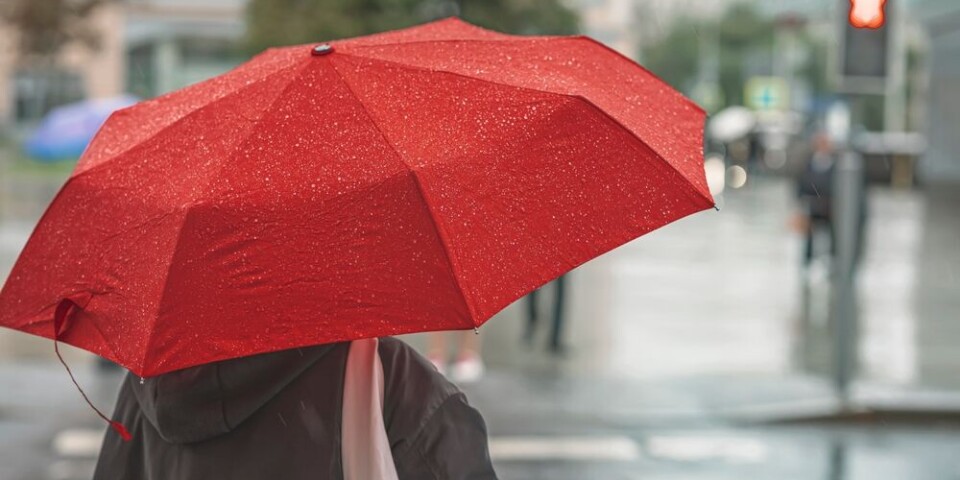-
Video: raccoon spotted in French Pyrenees
Local animal experts say this is ‘not good news’ and ask the public to report any further sightings
-
Do you need a permit to own a tortoise in France?
Boom in tortoise trade in 1970s and 1980s led to strict regulations
-
Couple fined for keeping panther at their home in northern France
The animal, named Louise, was spotted prowling rooftops near Lille
Cocorico, ouah ouah: How animal sounds differ in French and English
There is also a range of verbs to describe the sounds animals make, all quite different to English

Dog. To an English ear, canines say “woof woof” or “bow-wow” but in French, if you listen to them carefully, they say “ouah ouah”. Hear the accent? The normal word for bark is aboyer but your typical mutt has a large vocal range including glapir and japper (to yap, yip or yelp), grogner (growl), gronder (growl again, literally to rumble like thunder) and hurler (howl). Cats, by the way, “ron ron” (purr) when they are contented.
Cock (Rooster). No one has ever explained why cockerels in the UK say “Cock-a-doodle Doo”. In France the dawn is announced with a “cocorico”. Cockerels in France do not crow but sing (chanter). Some wag once said that the rooster is the national animal of France because it is the only the bird that carries on singing with pride when it has its feet in the muck. Chicks say “piou-piou” not “cheep cheep”.
Read more: ‘Village of cats’ in south of France inspired by an old legend
Cow. A cow in Normandy or the Auvergne says “meuh”, not moo. The verb for this is mugir, which is declined regularly so that if you want to say “I will moo” it would be je mugirai – make a note of it. You would have thought that mugir would be a word evoking pastoral peace but verse 1 of La Marseillaise rhetorically exhorts listeners to “Entendez-vous dans les campagnes mugir ces féroces soldats?” (Can you hear the mooing of enemy soldiers?). This has forced translators to translate mugir in this context as roar, bellow or cry which is a long way from contentedly chewing the cud in pastures.
Duck. Evidently a French duck says “coin coin” not “quack quack”. The relevant verb to quack like a duck is cancaner which begs the question: is there a connection between ducks and the cancan, an energetic dance in which women fling their outstretched legs in the air? The answer is that there could be but no one is quite sure. If there is a frog in the same pond it will say “croac croac” not some version of “ribbit ribbit”.
Turkey. Instead of “gobble gobble”, you need the French onomatopoeic translation, “glou glou”, which is also used in place of glug glug, when liquid comes pouring out of the neck of a bottle.
Related stories:
50 million male chicks saved as France bans egg industry from culling
Thousands of animals await adoption in France after Covid lockdowns
























